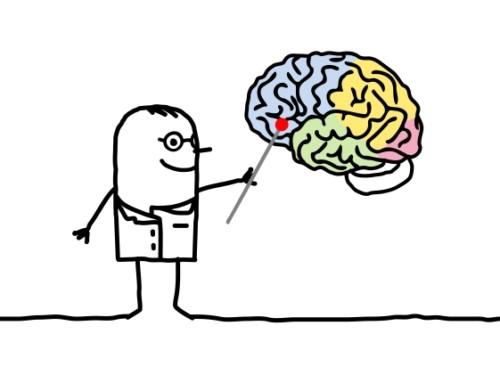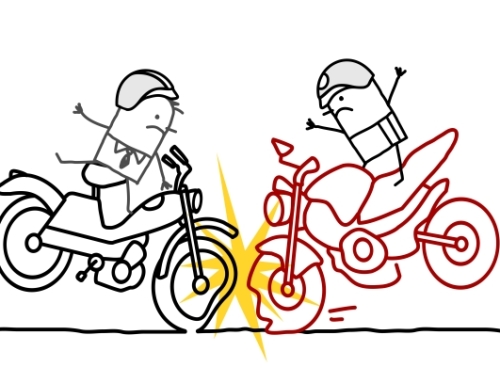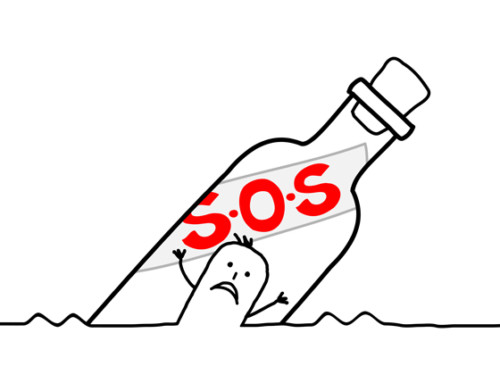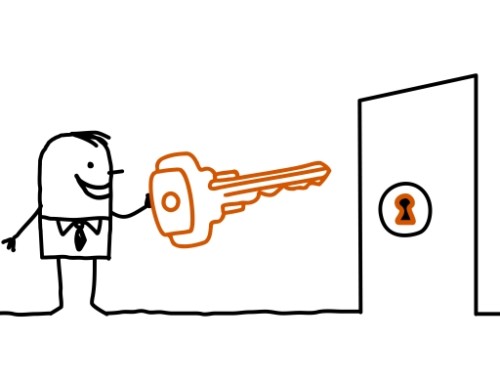Even behaviours with many severe consequences are performed for good reasons. Identifying those reasons is the first step in eliminating the behaviours.
One of the most common issues I deal with as a Calgary psychologist and a Cochrane psychologist is helping clients who say they want to stop engaging in certain behaviours. The reasons clients typically give for wanting to stop these behaviours are the negative effects the behaviours are having on their lives and often the lives of people close to them. Procrastination, cheating on one’s partner, getting involved in unhealthy relationships, binge-eating, gambling, and substance use are a few of the behaviours which fall into this category. One of the key factors making it difficult for people to stop these problematic behaviours is that they often focus solely on the reasons they don’t want to do these behaviours and not enough on the reasons that they want to do these behaviours. In the following section, I will discuss this important missing piece of the puzzle in trying to eliminate unwanted behaviours.
The importance of identifying reasons for engaging in problematic behaviours
When you’re trying to eliminate a problematic behaviour, the focus should not be solely on the disadvantages of the behaviour. It should also be on why you’re choosing to engage in the behaviour despite the disadvantages. In the words of Dr. Phil, the problematic behaviour must be ‘working for you’ if you’re choosing to engage in it despite its negative consequences. Also in the words of Dr. Phil, ‘getting real with yourself’ by acknowledging how the behaviour is working for you is often a key step in eliminating the behaviour. Once you’ve identified the ‘payoffs’ of the behaviour, you can explore ways you can obtain those payoffs or rewards in ways other than by engaging in the problematic behaviour with its negative consequences. Once you’ve identified ways to obtain those payoffs without having to engage in the problematic behaviour, your reasons for continuing to engage in the problematic behaviour are no longer there. This makes is much easier for you to stop engaging in the problematic behaviour. In the following section, I will provide examples of how this approach is used.
How identifying the reasons for problematic behaviours can help you eliminate these behaviours
Consider someone who has been trying without success to stop a long pattern of binge-eating despite the negative effects the behaviour is having on their life. Exploring the reasons for engaging in the behaviour might result in the person unearthing beliefs guiding their behaviour such as, “If I binge-eat when I am feeling stressed out, I will feel better’ and ‘If I don’t binge-eat when I’m feeling anxious, I won’t be able to cope’. Identifying these reasons for binge-eating allows the person to make sense of why they’ve been doing it for many years despite the negative effects. Once they’ve identified these perceived advantages of the behaviour, they can explore ways to obtain those advantages without having to engage in the behaviour. For example, they can learn and practice stress-management skills with the help of their psychologist so that they have ways to feel better when they are feeling stressed or anxious other than by binge-eating. Success in using these skills through practice will help the person realize that the reasons they formerly had for their binge-eating are no longer present. This will make it easier for the person to eliminate binge-eating behaviour—much easier than trying to eliminate the behaviour by willpower without addressing the reasons for the behaviour.
You can apply this approach to address any of the other problematic behaviours I’ve mentioned along with many I did not mention. It may be helpful for you to work with a psychologist in this endeavour. He or she can help you identify the reasons for your problematic behaviours, explore ways you can achieve the benefits of the behaviour in other ways, and practice the new ways of obtaining these benefits until they have supplanted your problematic behaviours as a means of doing so.
May you identify and address the reasons for your problematic behaviours,
-Dr. Pat








Leave A Comment